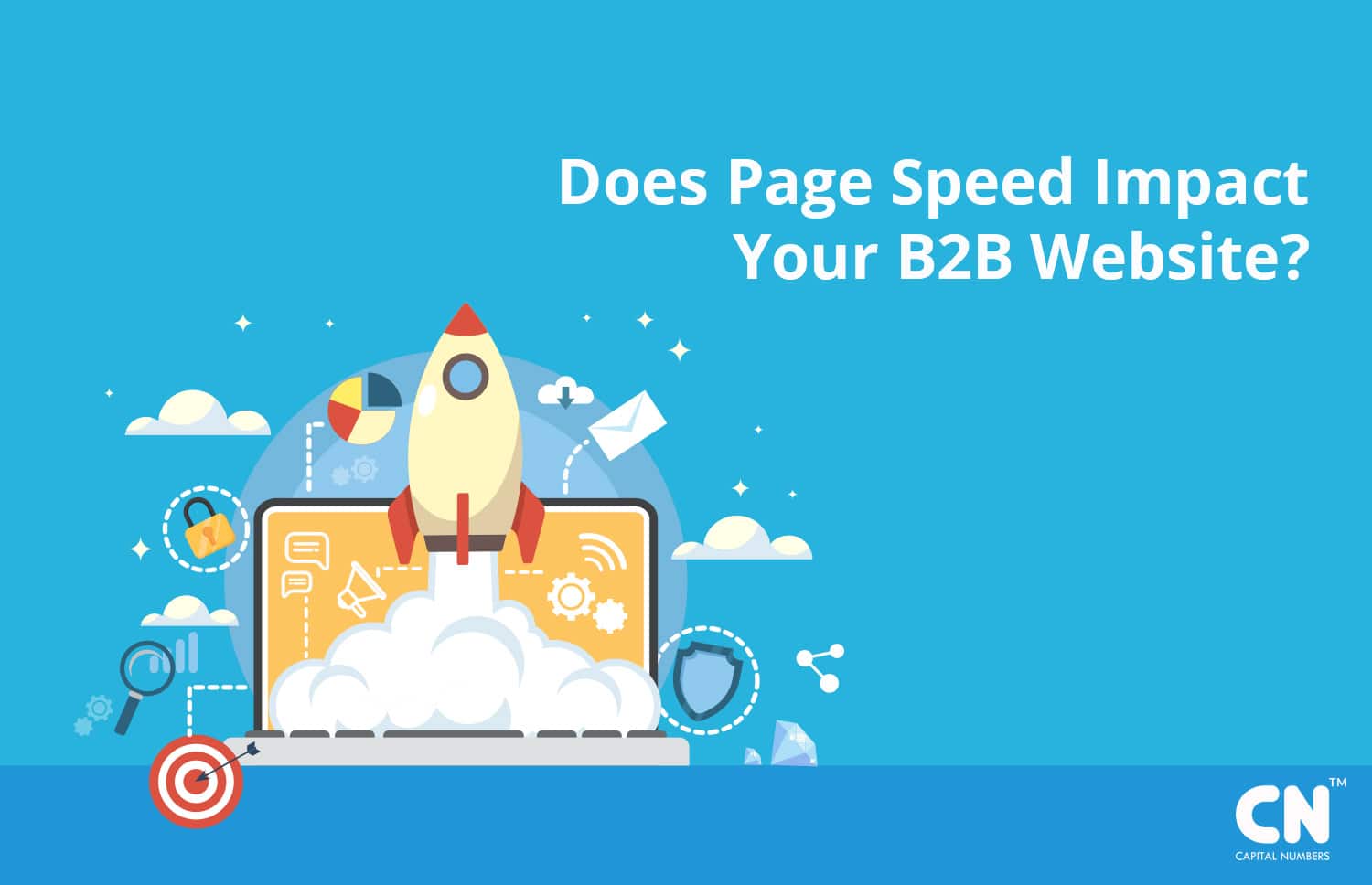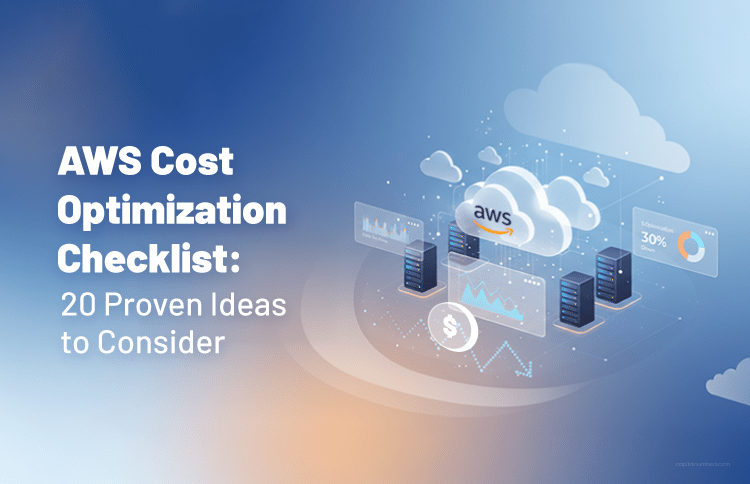Does Page Speed Impact Your B2B Website?
Table of Contents
Google, Yahoo, and Bing are the most popular search engines. These search engines intend to make the web work faster while needs of the searchers are fulfilled and also serving the websites brilliantly. There is a website developed by the Google, which provides information about the ways to increase the speed of the page. This clearly proves Google is always trying to help the websites optimize their speed.
In this article, we will find answers to most of the questions related to page speed. The first question that comes to mind is, what is page speed? Second most important question about page speed is, why it should be taken care of? And last but not the least, what are the steps that should be taken to improve the page speed? Thus, now we should see what page speed all about is, how it can be taken care of and how this page speed impacts the B2B website.
What is Page Speed?
According to Moz, one of the most popular search engine optimization software provider, page speed is defined as a measurement of how fast the content of any website loads. The page speed of any website can be tracked by using tools like Moz or Google Analytics. For this purpose, one needs to see the Site Speed section situated under the Behavior Reports. In addition to this, one can check the speed of the webpage by using another tool which is provided by Google. The tool is appropriately named as Page Speed Insights. This tool is used to analyze the web page and recommends steps to help the page to load faster.
Why should page speed be taken care of? Is it actually that critical and important for a B2B website?
We have seen that the time taken to load a page varies. It may take five seconds or ten seconds to load the webpage. However, it should be kept in mind that the time is taken to load a webpage actually impacts a B2B website overall. The page speed impacts
● Experience of the users
● Lead conversion/generation
● Keyword ranking and SEO
● Brand reputation and credibility
It is important for us to know that almost 47% of the consumers expect any webpage to load within two seconds or even at a less time. 40% of the users leave the website if it takes more than three seconds to load the webpage. Even if there is a one-second delay in the response of the webpage, then there is a reduction of conversion by almost 7%.
User Experience: The whole web culture is based on the experience of the users. Thus it is important that the users find it easy for them to use the website. If the user finds that it takes a longer time to load the page, they will automatically have an impression that the products of the website are also difficult to use and are not that user-friendly.
Lead conversion/generation: If any website takes a longer time to load on mobile or desktop, then the users will leave the website before the conversion action takes place. This will negatively impact the popularity of the website.
Search Engine: When Google is talking about the page speed, it means that it is actually an important factor for websites. If a website takes a longer time to load, then on most occasions the users will leave the website in the midway of the conversion action. Thus in this situation, Google stops showing the website in search result. It is also confirmed that from June 2018 onwards, the page speed of any website will be marked as a ranking factor for a website in mobile search.
Brand reputation and credibility: Even if there is a one-second delay in loading the webpage of your B2B website, it can cost up to 40% of the website visitor. It is often seen that if a visitor leaves the website once due to slow page speed, he will not visit the website again. Thus the reputation of the company will be affected due to the slow page speed.
What are the steps that should be taken to improve the page speed?
There are few steps which can be followed to improve the page speed of most B2B websites.
Use browser caching: A browser caching can be used for improving the page speed of any website. This saves time when switching over the server. Most of the well-known B2B websites use browser caching to improve the page speed.
Choose the best web hosting: The provider which is being chosen for the website host hugely impacts the page speed of a B2B website. If a website has a right web host it can increase the page speed up to 34%.
Delete codes that are not required: It is better to work with an experienced web developer. The web developer can delete the codes that are not required from the backend of the B2B website. This also helps in improving the page speed of the website.
Images should be compressed: Any website where the images have high pixel and bytes, it takes longer time for the website to load. Thus, it is suggested that the images must be compressed. This improves the page speed and it takes less time to load the webpage.
Lazy Loading: This is one of the biggest problems for page speed. In this situation, all the images and elements of the website take time to load. Thus the website faces the problem of page speed. This has to be improved to improve the page speed.
AMP to be considered: AMP or Accelerated Mobile Pages is very important for pages which use a huge amount of mobile traffic. Most of the people nowadays use their mobile to visit any B2B website. Thus it is important to take care of AMP to improve the page speed of the website.
Experienced and knowledgeable web designers should be hired: It is better to hire web designers who have knowledge and experience about the work he is about to do. This web designer will help to improve the page speed of any website by using the right web host, deleting the unnecessary codes, compressing the images and many more works which cannot be done by any general person who is not experienced.
Page speed of any B2B site is very important for proper ranking of the website. Thus we can say that page speed impacts the B2B website. Following the above steps can help the website to improve the page speed and acquire a better ranking in Google search.















